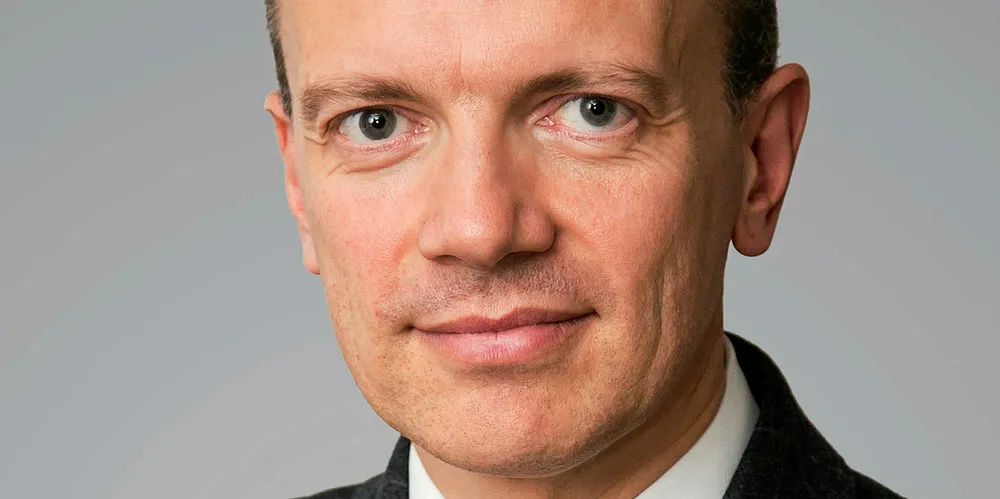'New EU steel import quotas could harm Europe's wind sector'
Good quality and cost-competitive steel is vital for the continent's wind manufacturing industry, writes WindEurope boss Giles Dickson

Good quality and cost-competitive steel is vital for the continent's wind manufacturing industry, writes WindEurope boss Giles Dickson
